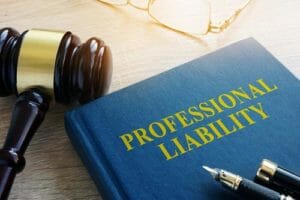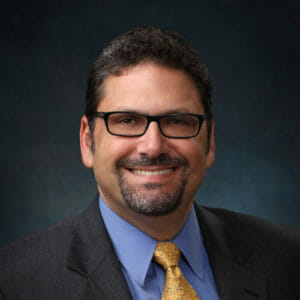 People who start their own business put a lot on the line. The federal Small Business Association reports that about 30 percent of new businesses go under within two years of opening. A total of 50 percent fail in the first five years, and fully two-thirds of small businesses close within 10 years of opening. Only one-fourth of small businesses last 15 years or more.
People who start their own business put a lot on the line. The federal Small Business Association reports that about 30 percent of new businesses go under within two years of opening. A total of 50 percent fail in the first five years, and fully two-thirds of small businesses close within 10 years of opening. Only one-fourth of small businesses last 15 years or more.
When those businesses go under, depending upon the business structure chosen, the personal assets of the business founder could be at risk to cover the debts of the failed business. Further, if there are lawsuits against a small business, the owner of the business could be personally liable for any judgments against the business, once again depending upon the business structure. Obviously, the business structure you choose can have a huge impact on your personal exposure to liability resulting from your ownership of a company.
How Can You Limit Liability for Your Company?
There are many different legal structures you can use to set up a new business. Some of those business structures provide no limits on personal liability for the debts of the business. Others provide nearly impregnable protections. The cost and complications of setting up the various business forms are in general strongly related to how much personal liability protection the business form provides. The business form also has a strong impact on tax issues, management, legal formalities, and the ability to transfer ownership interests. Anyone starting a business should consult an attorney regarding the legal form they want to use.
Texas law provides a number of different business structures from which to choose when starting a business. There are a great number of differences among these various structures, not least of which is the protection from personal liability. These business forms include:
- Sole proprietorship is the most common and the simplest business structure, with a single individual conducting the business. The legal formalities are minimal, but the owner has no protection from personal liability for business debts, including judgments for premises liability and other lawsuits.
- General partnerships involve two or more people forming a business. Individual partners have no protection for personal liability for the debts of the partnership.
- Corporations are legal entities completely separate from the owners of the corporation. While corporate structure is more legally complicated, the owners of a corporation have no personal liability for any debts of the corporation except under exceptional circumstances. So-called S-corporations are not different from corporations with respect to liability but are a federal tax law choice.
- Limited liability companies are simpler to create than are corporations, but also provide complete protection from personal liability for corporate debts for the owners, who are known as members.
- Limited partnerships provide limited partners with protection from liability for partnership debts. However, limited partners are not allowed to participate in the management of the partnership. On the other hand, general partners may participate fully in the management of the partnership, but enjoy no protection from personal liability for partnership debts.
- Limited liability partnerships provide a certain amount of protection for partners from personal liability for debts of the partnership. An LLP does not protect a partner from any liability that arises from the partner’s personal negligence or wrongful actions, but it does protect partners from personal liability for any partnership debts.
If You Are Starting a Business, Consult a Houston Business Lawyer
If you are in the process of opening your own business, you should consult a business attorney to limit your personal financial exposure to any liabilities the business you start might incur. The lawyers of Weisblatt Law Firm, LLC, can help. Weisblatt Law Firm routinely consults with clients starting businesses to help them limit their personal liability for their business activities. To benefit from such consultations, you can contact us (713) 666-1981, or through our online contact form.

Attorney Andrew Weisblatt
Mr. Weisblatt has practiced continuously since becoming licensed in 1992 and has represented businesses ranging in size from one person start-up ventures to multi-national corporations employing hundreds of people in multiple countries. From 2005 through 2009 Mr. Weisblatt was in-house counsel and chief operating officer of a multi-national corporation in the steel products industry. That in-house position provided valuable insight into how businesses work and what they actually need from their lawyers – both in-house and outside counsel. Attorney Bio

